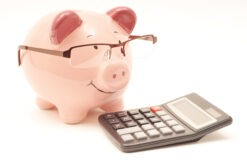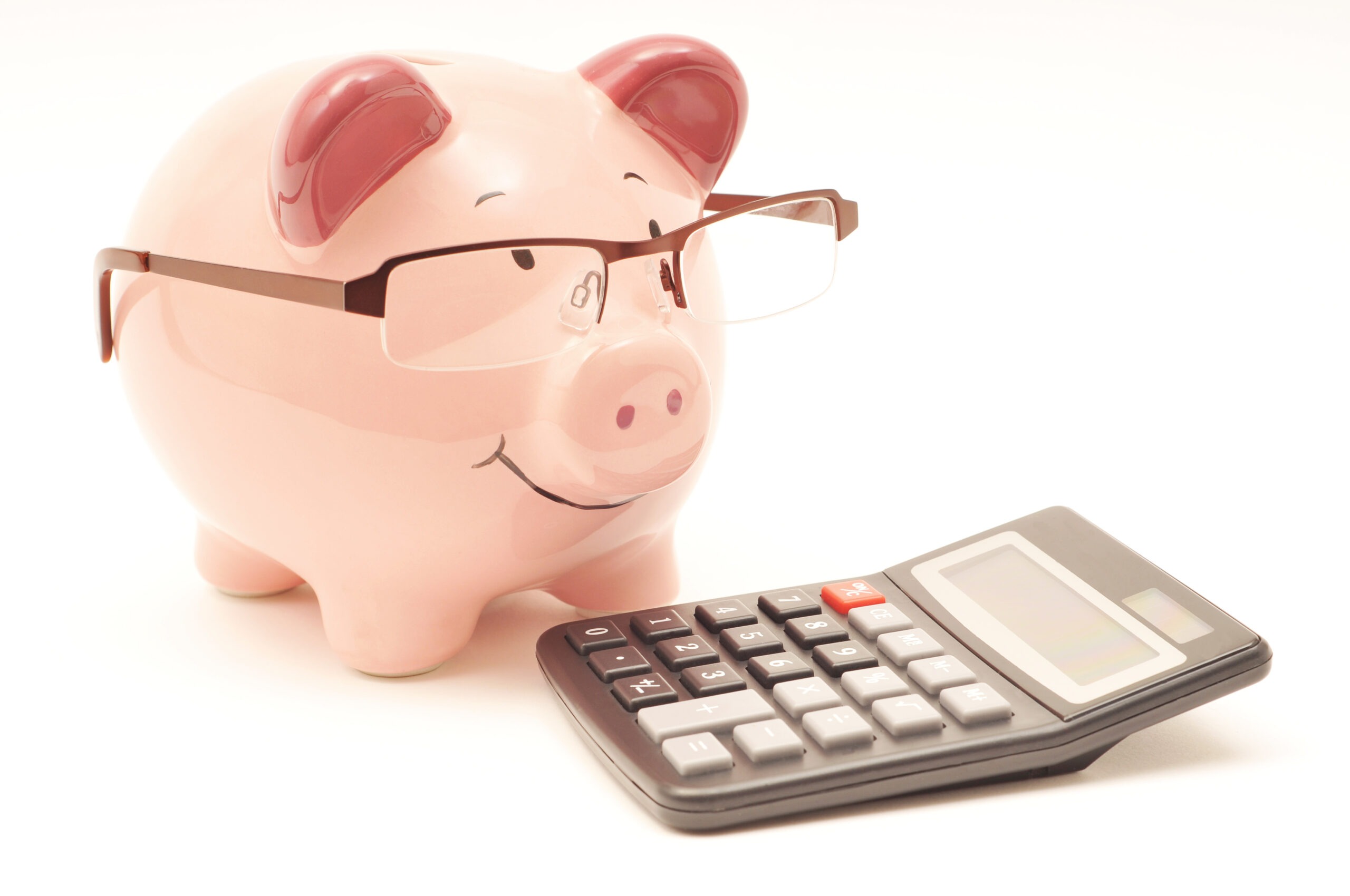
The amount you will have to pay into an IVA each month is based on what you can afford. However a minimum payment is normally required.
Included in this article:
- What is the minimum payment for an IVA?
- How is your payment calculated?
- Can your payment ever go up?
- Do you have to pay windfalls into your IVA?
Want help to start an IVA? Give us a call (0800 077 6180) or complete the form below to speak to one of our experts
What is the Minimum Payment for an IVA?
A monthly payment IVA is based on making a single payment towards your debt each month. There is no pre-determined acceptable payment amount. It is entirely based on what you can afford.
Having said that a minimum payment is usually required.
You will normally only be able to start a monthly payment IVA if you can afford a monthly payment of at least £100.
In certain circumstances it may be possible to pay less. However this is normally based on the expectation that your payments will rise during the Arrangement.
It is possible for two people who have the same amount of debt to be paying different monthly amounts into their IVA
How is your IVA Payment Calculated?
The amount you have to pay into your IVA is based on your surplus (also known as disposable) income. This is the amount left over from your income after all your monthly living expenses have been budgeted for.
Working out your surplus income is one of the most important jobs you have to do during the IVA application process. If you get it wrong your payment could be too high and you will struggle to pay it.
You have to pay all of your surplus income into the Arrangement. You cannot be seen to be holding any back. If you do your creditors are unlikely to agree to your IVA at the creditors meeting.
Need help to calculate what your IVA payment will be? Give us a call or fill in the form below to speak to one of our experts.
Can your IVA Payment ever Go Up?
It is important to understand that your IVA payments are not fixed. They can go up if you can afford to pay more during the Arrangement.
One of the main reasons for your payments to increase is if your income goes up. 50% of any extra disposable income you have will be added to your remaining payments.
You will also have to pay more into your IVA if you have one off increases in your income. The most common reasons for this are if you earn extra overtime or get a bonus.
If your financial situation becomes worse it may be possible to reduce the payments you make. However this is not guaranteed.
Do you have to pay Windfalls into your IVA?
If you get a windfall during your IVA your ongoing monthly payments will not change. However you will have to pay the money you have received into the Arrangement.
Common examples of windfalls are things like an inheritance or a compensation payment. Generally speaking 100% of the amount you receive has to be handed over to your IVA company.
Paying a windfall into your IVA does not normally mean it is paid off any sooner. You will have to continue making your normal monthly payments. The affect is simply that your creditors will be paid more overall.
Depending on the terms of your IVA you may be allowed to keep a windfall if it is less than £500.
Arrange a call with an IVA Expert
Privacy Policy
Your information will be held in strictest confidence and used to contact you by our internal team only. We will never share your details with any third party without your permission.



Hi I have a question about situation after IVA. I know IVA is in records for 6 years but what if I would paid it off in full within first 2years? Is it still in my records for next 4 years or my records will be clear earlier?
Hi Marcin
If you pay off your IVA early this will not improve your credit rating. The record of the IVA will remain on your credit file for the full 6 years regardless of whether you pay it early or not.
What happens to my pensions and other state benefits paid into my account
Hi Anthony
When you are completing your income budget, you should declare all your pension and state benefits. As far as an IVA is concerned, these are legitimate forms of income and can be used to calculate your surplus (the amount you will have to pay into your IVA).
If you do start an IVA, all these forms of income will continue to be paid to you into your bank account as normal.
If you receive PIP or DLA, you will generally use all of this money to pay for associated care. As such, this type of income is not normally counted when calculating your IVA payment. The only time it would be is if you have to use some of it to show you can afford the minimum £100/mth payment.
You can read more about starting an IVA if you receive benefits here: Can I do an IVA on benefits
Remember, if you will struggle to afford the minimum £100/mth payment required to start an IVA, it may not be the right solution for you. You should also consider alternatives such as bankruptcy which do not require any monthly payment if you can’t afford to pay one.